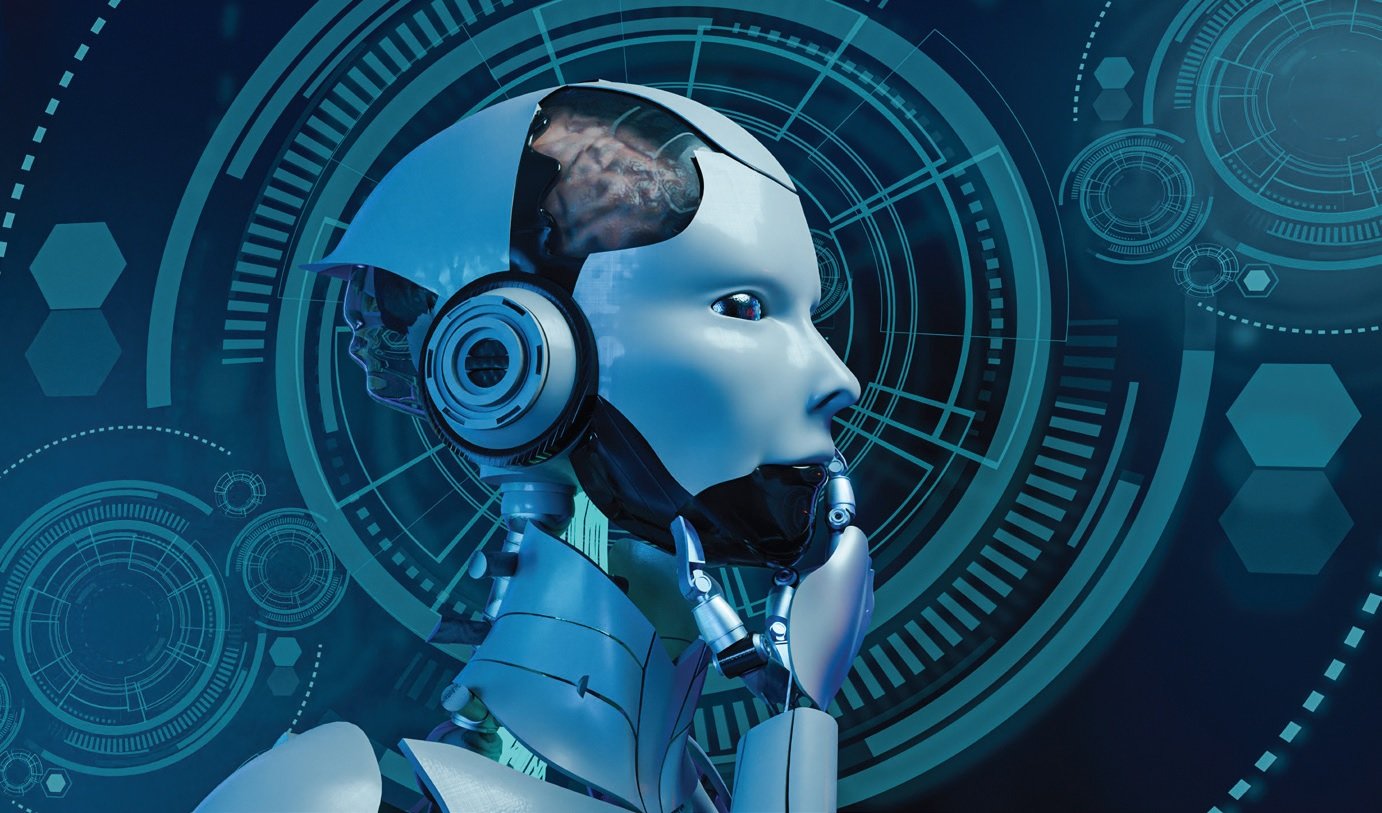
India, a land of contrasts, grapples with immense potential and pressing challenges. Waste management becomes a critical concern as our cities swell and our population burgeons. The convergence of AI and the Circular Economy in India presents a unique opportunity to address pressing environmental challenges while fostering economic growth. Embracing this synergy can pave the way for a future where prosperity is not at odds with sustainability but rather intricately intertwined, leading to a more resilient and thriving society.
The traditional linear consumption model has led to resource depletion and environmental degradation. However, the Circular Economy paradigm offers a viable alternative, emphasising waste reduction, material reuse, and ecosystem regeneration. AI emerges as a silent force driving this transition, with its capacity to optimize processes, predict outcomes, and foster innovation.
Artificial Intelligence (AI), the silent architect of change, is weaving a new narrative of circularity, sustainability, and hope. AI’s ability to swiftly adapt and innovate has the potential to revolutionise various aspects of resource management and production processes. From optimising waste management systems to facilitating the design of eco-friendly products, AI holds the key to unlocking efficiency and sustainability.
Harnessing The Power of AI For India’s Circular Economy
Integrating Artificial Intelligence (AI) into India’s Circular Economy marks a significant step towards addressing contemporary challenges and harnessing technological advancements for sustainable development. As a critical element of the Fourth Industrial Revolution, AI revolutionises traditional systems by mimicking human intelligence, enhancing efficiency and productivity. By complementing human capabilities, AI facilitates faster learning, feedback processing, and data comprehension, optimising resource utilisation and enhancing sustainability efforts. This transformative technology offers innovative solutions and reshapes India’s economic and environmental landscape.
The application of AI in the Circular Economy enables the development of data-driven strategies for sustainable growth, paving the way for more efficient resource management and creating novel business models. Moreover, AI-driven initiatives have the potential to address global challenges such as waste management and environmental degradation, thereby contributing to India’s progress towards a more resilient and prosperous future.
Designing Tomorrow: AI and the Circular Product Revolution
The fusion of Artificial Intelligence (AI) and the Circular Economy is revolutionising product design and waste management practices, ushering in a new era of sustainability and innovation. AI-driven design processes optimise material usage, leading to products with minimal environmental footprint.
For instance, AI algorithms tailor garment patterns to reduce fabric waste, as exemplified by companies like SXD Zero Waste. Moreover, “toughtech” startups like GALY utilize AI-powered cellular agriculture to produce cotton with significantly fewer resources, demonstrating the potential for sustainable innovation.
AI Revolutionizing Circular Business Models in India
AI is reshaping India’s economic landscape by ushering in a circular economy paradigm, revolutionizing traditional business models and fostering sustainable practices. Here is a closer look at how AI is driving this transformation:
- Renting, not owning: AI’s predictive analytics optimise product demand and pricing, facilitating the transition to product-as-a-service models. By leasing items like clothing and tools, businesses maximise utilisation and minimise waste.
- Extending lifespans: AI-driven updates ensure product relevance over time, akin to Tesla’s continuous enhancements. This strategy boosts the residual value of products, keeping resources in circulation longer and reducing the need for new production.
- Sharing is caring: AI-powered platforms facilitate item-sharing, rental, and repair services, promoting collaborative consumption. Examples include SwaddleMe for renting baby clothes and AI diagnostics-enabled community repair workshops, fostering resource optimisation and waste reduction.
- Tracking the cycle: AI enables efficient tracking of product lifecycles, facilitating repair, refurbishment, and recycling processes. Companies like SuperCircle leverage AI to create closed-loop systems, ensuring seamless integration from customer purchase to recycling.
AI Revolutionizing Circular Economy Practices in India
Integrating artificial intelligence (AI) into India’s circular economy framework promises a future where waste management is intelligent, efficient, and sustainable. Here is how AI is shaping this transformative journey:
- Super-recyclers: Advanced robotic systems, exemplified by Apple’s “Daisy,” streamline the sorting and dismantling of products, swiftly extracting valuable materials for reuse.
- Material highways: AI enhances supply chain transparency, enabling smoother resource recovery processes. Initiatives like Google’s AI-powered textile tracking and P&G’s digital watermarks ensure better traceability of components, fostering efficient recycling practices.
- Quality recycled materials: AI-driven optimisation of recycling processes ensures the production of high-quality recycled materials, which is essential for closing the loop in industries such as steel and cement. The vast potential of AI in the circular economy extends beyond current applications, offering opportunities for optimising logistics and predicting maintenance needs. India stands at the forefront of this technological revolution, poised to lead towards a more sustainable future.
AI: Catalyzing Circular Innovation in India
In envisioning a future where waste is minimised and resources are maximally utilised, artificial intelligence (AI) emerges as the catalyst for transformative change. Consider the possibilities: food waste disappearing through optimized agricultural practices, electronics enjoying extended lifespans via predictive maintenance, and materials seamlessly reintegrated into the production cycle through AI-guided disassembly and reuse processes.
AI’s impact transcends individual sectors, extending its potential across industries like food and electronics. Picture AI-driven robots equipped with image recognition technology, efficiently harvesting ripe fruit, or chatbots providing real-time recycling guidance. These applications streamline processes and unlock substantial economic value, potentially amounting to billions annually.
With its dynamic tech ecosystem and burgeoning circular economy ambitions, India stands at the forefront of this transformative journey. By leveraging AI, India can reduce reliance on virgin materials and foster the development of more innovative infrastructure designed for sustainability and longevity.
AI serves as the “Circular Whisperer,” orchestrating resource optimisation and waste reduction strategies across diverse sectors. With India’s readiness to embrace technological innovation, AI is key to unlocking the full potential of circularity, propelling the nation towards a more sustainable and resource efficient future.
Dr J P Dash is CGM of National Academy of Defence Production and
Anuraag Dash is a B Tech from NIT Trichy



















